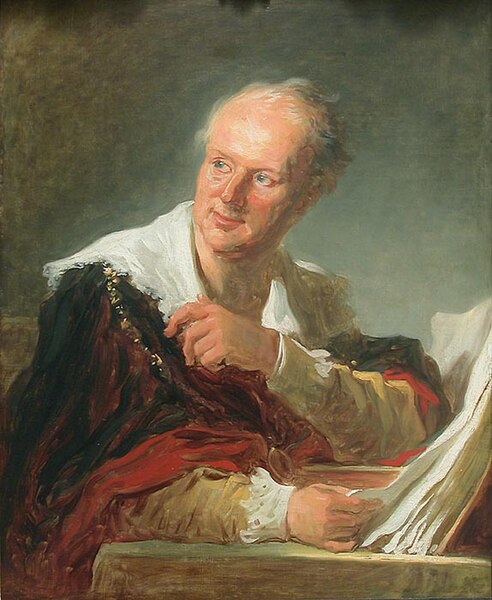Douglas Cooper (art historian)
(Arthur William) Douglas Cooper, who also published as Douglas Lord, was a British art historian, art critic and art collector. He mainly collected Cubist works. He was involved with investigating who had dealt with stolen art during the war. After the war he bought a chateau and converted it into a gallery of early cubist art.
Entrance colonnade at the Château de Castille, Argilliers
An art critic is a person who is specialized in analyzing, interpreting, and evaluating art. Their written critiques or reviews contribute to art criticism and they are published in newspapers, magazines, books, exhibition brochures, and catalogues and on websites. Some of today's art critics use art blogs and other online platforms in order to connect with a wider audience and expand debate about art.
John Ruskin (1819–1900), whom Leo Tolstoy described as "one of those rare men who think with their heart." A champion of the work of J. M. W. Turner, Ruskin detested the work of James McNeill Whistler.
Jean-Honoré Fragonard, Portrait of Denis Diderot, 1769, Louvre, Paris. His art criticism was highly influential. His Essais sur la peinture was described by Johann Wolfgang von Goethe, as "a magnificent work, which speaks even more helpfully to the poet than to the painter, though to the painter too it is as a blazing torch." Diderot's favorite painter was Jean-Baptiste Greuze.
Portrait of John Neal by Sarah Miriam Peale, 1823. Neal is regarded as the first American art critic and was also an influential writer and literary critic.
Charles Baudelaire 1855, Photo by Nadar. Baudelaire is associated with the Decadent movement. His book of poetry Les Fleurs du mal is acknowledged as a classic of French literature





